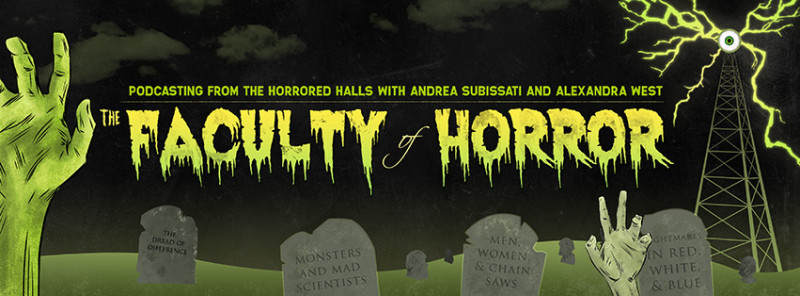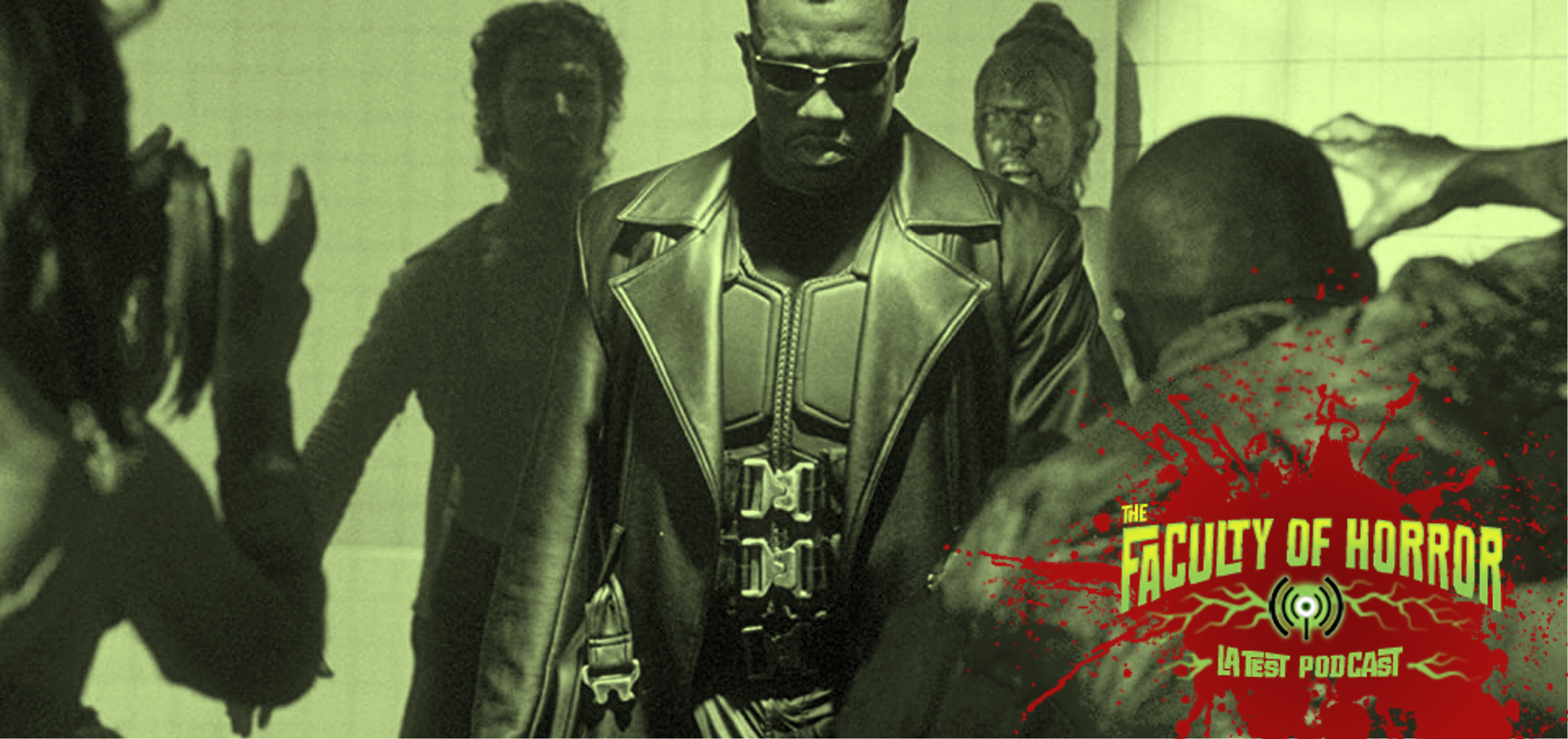Using two popular examples, Andrea and Alex look at the collision between the horror and superhero genres. From conservative leanings to taboo-breaking stories, we explore two films that deviate from the norm (and occasionally, their own source material) to embark in two very different directions.
REQUIRED READING
Blade. Dir. Stephen Norrington, 1998.
Constantine. Dir. Francis Lawrence, 2005.
EXTRA CREDIT
How Blade created the Marvel Cinematic Universe. How Blade saved Marvel and set it up for cinematic takeover.
Super Black: American Pop Culture and Black Superheroes. Adilifu Nama’s cultural history of the Black superhero genre.
Horror Noire: Blacks in American Horror Films from the 1890s to Present. Robin R Means Coleman’s groundbreaking book examining Black characters and creators in the horror genre.
Blade and the Power of Liminal Privilege. A retrospective look at how the film’s themes endure in the BLM era.
The Black Hero: A Cultural Impossibility. Kathryn Feeney’s breakdown of the Black superhero mirage.
The Devil You Know. Ken Chen’s piece for the The New Inquiry on Hellblazer and John Constantine’s true origins.
How 9/11 Changed Cinema. A look at how a tragic event upended the politics of popular films.
Flying While Black: Two Creators on Inventing (and Reinventing) Black Superheroes. Eve L. Ewing and Evan Narcisse weigh in on the importance of representation in the superhero genre.
LISTEN
Right click or option-click here and choose “Save Target As”
Podcast: Play in new window | Download


What a thrill to hear your erudite examination of BLADE! My favorite vampire film and you all did not disappoint! I appreciated your contrasting of the two. Like you, I did not feel much about CONSTANTINE (insouciance is the opposite of love). Thank you for covering these and the incisive thoughts about how race relations and mammalian politics are infused throughout BLADE. One thing I have to double check but (and this could be wrong) I thought I’d read somewhere that Wesley Snipes wanted the villains he fought to be mostly white – will try to find that reference. I agree though that he heavily invested in the character and the portrayal is sublime.
Thank you so much for covering BLADE – my favorite vampire film. You all did not disappoint! I appreciate your incisive comments about race relations, “isms” (e.g. “half breed”) and mammalian politics. It was great! Wesley Snipes portrayal is sublime!
Sorry for the repeat – my computer said the first one did not go through but clearly it did. 🙂
I tend to think of horror as being inherently conservative, not in an overt political sense (and the makers of it are at least as politically liberal as those of superhero movies), but instead that all consumers of it are alive and it reminds you that you could be dead (if you don’t watch out). Kipling’s “Gods of the Copybook Headings” is popular among conservatives, and horror is populated by such Gods ready to strike everyone down. Scott Alexander once wrote:
In contrast leftism is the ideology of a post-scarcity utopia.
https://slatestarcodex.com/2013/03/04/a-thrivesurvive-theory-of-the-political-spectrum/
Constantinople is not a renamed “Rome”, it’s a separate city to the east of Rome. The schism in the Church between East & West occurred when the Bishop of Rome declared himself the first among equals and the patriarchs of the East (including Constantinople) refused to go along.
Wow. I had not thought of these ways to contrast these genres. I will think on that a bit but definitely the zombie genre portrays scarcity as the plague unfolds. I need to ponder some examples of post-scarcity utopia. Any suggestions?
I think Constantine referred to Byzantium (later re-named Constantinople) as “the new Rome” because of the trade routes intersecting its port. Been a while since my theology days.